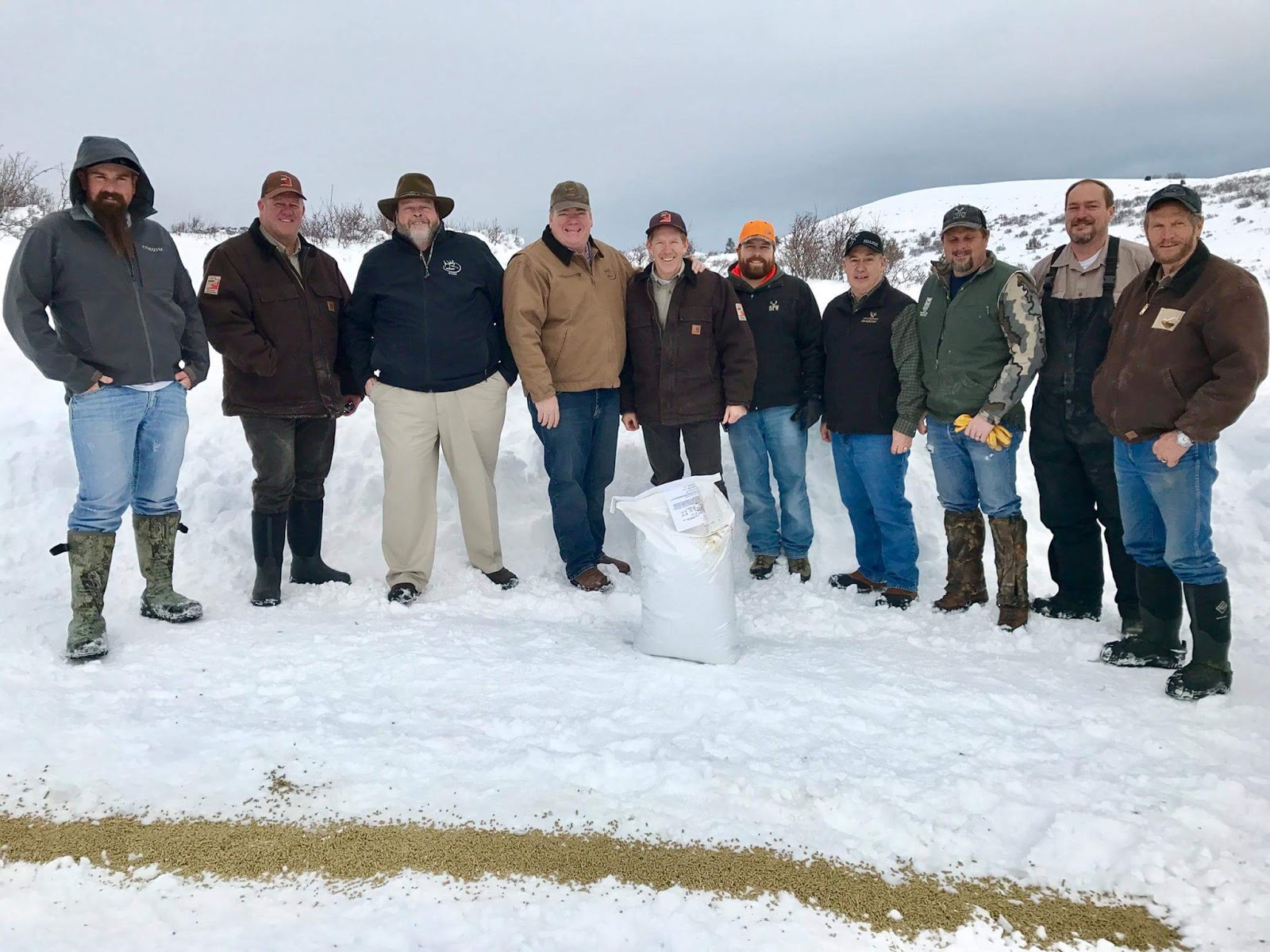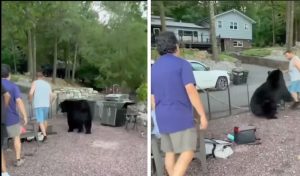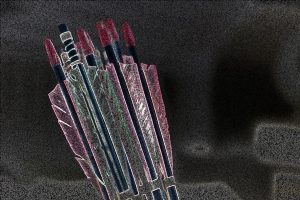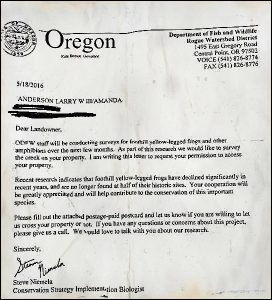A coalition has been formed in part of the Bear Lake Valley, situated in northern Utah to help hungry deer get the nutrition they need during what has been a harsh winter.
With more than 30 inches of snow on the ground paired with extremely cold temperatures, deer in the area have very little access to reliable food sources. While the cold temperatures have been experienced in other parts of the state this winter, it is the Bear Lake Valley region where biologists have noted tired and hungry deer.
“Although weather has been severe across parts of Utah this winter,” Utah’s Division of Wildlife Resources Director Greg Sheehan stated, “the Bear Lake area is the only location where emergency deer feeding needs to happen right now. We’re prepared to feed deer in other locations, though, if the need arises.
“These deer are exhausted, confused and without options,” Sheehan says. “They need help.”
As with many other instances of wildlife in peril, state biologists, hunters, and conservation agencies are now banding together to solve the problem and get these deer the proper food they need. One local hunter, who owns a local construction business, has donated the use of his warehouse for the storage of 12 tons of specialized pellets. Additionally, long-standing conservation groups such as the Rocky Mountain Elk Foundation, Mule Deer Foundation, and Sportsmen for Fish & Wildlife have all come to the aid of the Division of Wildlife Resources.
While many groups such as the Rocky Mountain Elk Foundation oppose supplemental feeding, they have always answered the call in times of emergency or when called upon by state wildlife agencies.
What is being fed to the deer in the valley is a specially formulated pellet meeting the unique nutritional needs and digestive systems inherent to the deer. While other feed such as grass and hay can disrupt digestive systems, particularly during the winter, this pellet is the only type of feed biologists will feed wild deer.
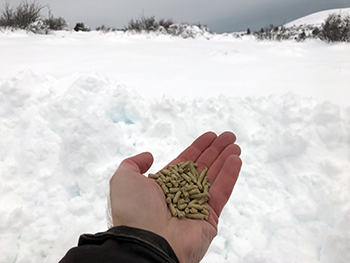
“This specially formulated pellet gives deer the correct balance of energy and protein the animals need,” Justin Dolling, Northern Region supervisor for the DWR says. “Products other than this pellet can actually hurt the deer. We appreciate the concern many folks have about deer in Utah this winter, but we strongly discourage people from feeding deer on their own.”
The decision to feed big game such as deer was made following the stringent guidelines found in the DWR’s Emergency Winter Big Game Feeding Policy.
Feature Image: Rocky Mountain Elk Foundation

